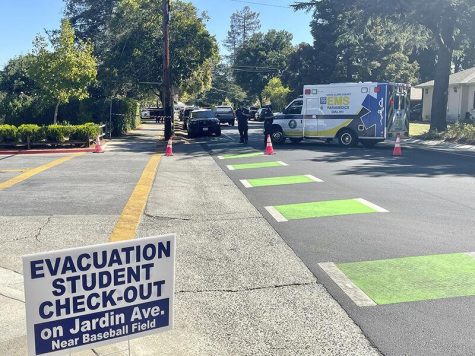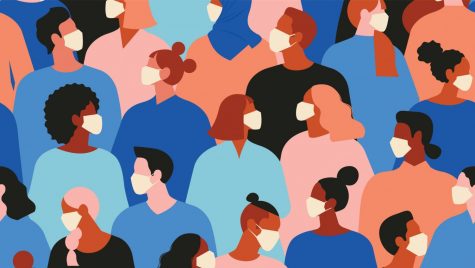Economic Effects of COVID
Over the last several months, the COVID-19 pandemic has exposed a variety of issues within America’s economy and financial sectors. These effects have been huge, with unemployment rates higher than peak Great Recession levels.
Recently, the United States Bureau of Labor Statistics released unemployment rates indicating that the unemployment rate pre-pandemic was four percent of the population compared to September of 2020 where this number increased to eight percent. The increase in unemployment is concerning, considering that September was not the worst month. During the peak of the pandemic, job loss reached 15 percent. In contrast, the unemployment rate during the Great Recession reached a considerably lower peak of 10.6 percent, according to the Pew Research Center.
The stock market, however, has been rising since the beginning of the pandemic. Many companies such as Amazon, Apple, Facebook and Twitter have vastly increased their wealth, mostly due to the trillions of dollars the U.S government has spent on business, according to the Washington Post. While this may sound bad, many see this as a positive since the government protects thousands of jobs that would otherwise be at risk.
While big businesses create jobs, small businesses also create jobs. Here is an opinion on the matter of small businesses
“Helping out small businesses is important,” FHS business teacher Aaron Eeg said. “So far, small businesses have struggled to open to even half capacity.”
Eeg thinks small businesses do need more support, and this could be the main reason why there is a significant imbalance between the stock market and the economy. Small businesses, especially those in the service industry, took a big hit from the Covid-19 pandemic. Unsurprisingly, small businesses make up a good portion of the unemployment numbers.
The pandemic has created economic scenarios that the United States has never before experienced. Leading to a decline in the United State’s economy during the coronavirus. The CARES act stimulus bill majorly affected the economy and workers by designating extra money for food, supplies or other necessities.
Another talking point of the pandemic has been transparency: what do we know and what we do not know.
“Education on safety could be critical for the coronavirus,” Eeg said.
Education on how to safely open businesses and how to stay safe may help millions of Americans to make more educated decisions throughout their day to day lives. The applications of science can be helpful with economics as well. Sweden, for example, has barely shut down its schools to move towards herd immunity. Herd immunity is when the majority of people already got through the virus, creating a low transmission rate.
The opening of many businesses has created a multitude of job opportunities for Sweden’s citizens to earn money during the COVID-19 pandemic. This, in turn, has helped Swedish citizens to pay off any debts and afford necessities. However,“Sweden has a 12 percent death rate in confirmed cases compared to the U.S 6 percent of confirmed cases,” according to John Hopkins University. Despite Sweden’s progressing economy, the higher fatality rate may not be worth the less restrictive measures.
Regardless of one’s perspective on the situation, conclusive science could help achieve the perfect balance between which businesses open and which close. Additionally, conclusive science might help save lives by aiding scientists and public policymakers with creating more safe decisions regarding the economy and public safety.









